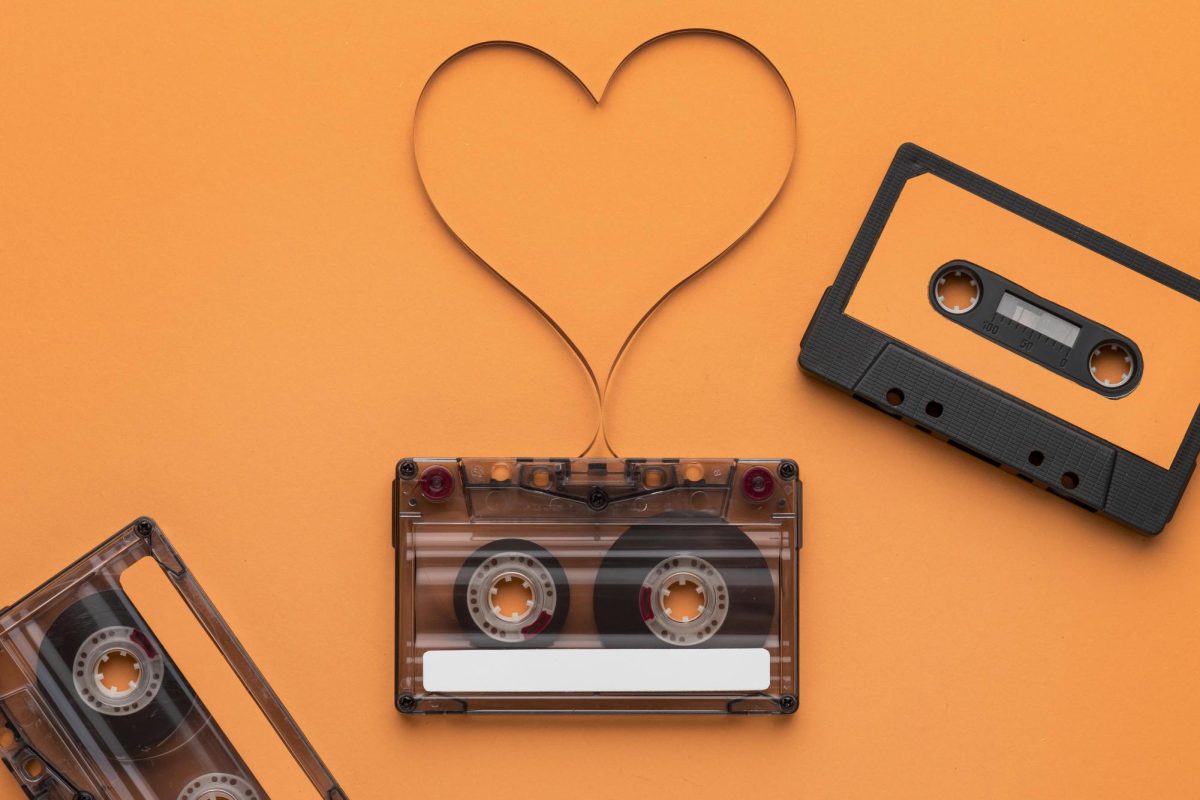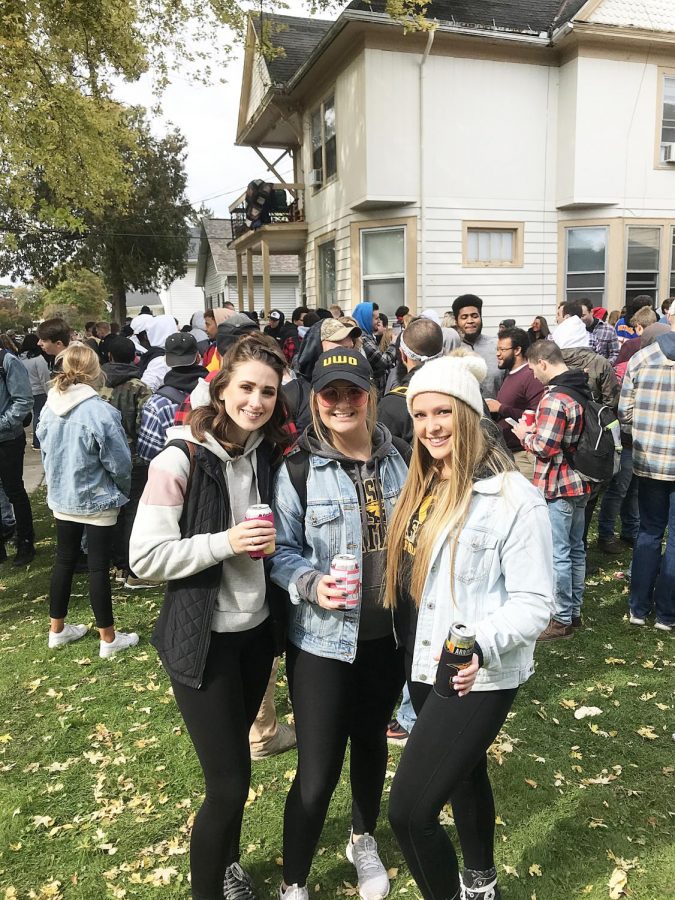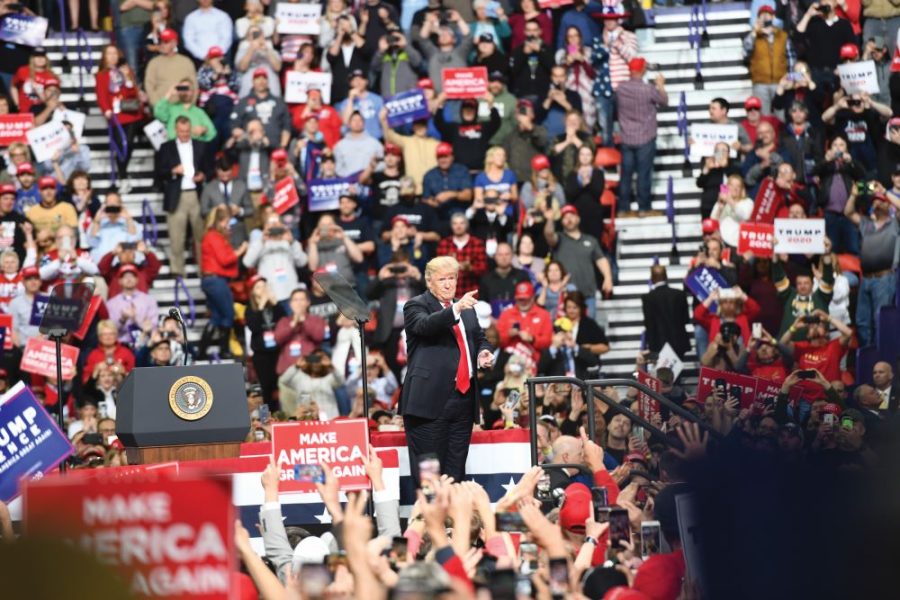Music is one of the most incredible things we as humankind share. Music bridges the gap between centuries of failed communication. Two individuals who do not speak the same language can appreciate the same sound; a patient with dementia may remember their significant other when they hear their wedding song, and you can tell someone you love them with a lyric.
If you’ve ever been in the car and a song comes on that you immediately associate with someone in your life, then you’ve already experienced the unique effect music has on our brains. Maybe the song represents the loss of someone like a friend or a lover. Or maybe you heard the song in an Italian restaurant and now you can taste tomato sauce and parmesan whenever you hear Frank Sinatra.
Our brain encodes music differently than it does long term memories. Music is stored in the part of our brain that also processes language and emotions. So, now you have this part of your brain that completely intertwines music with emotion and language. And we wonder why music has so much control over our feelings!
Music arouses the limbic system of our brain, responsible for all of our behavioral and emotional responses. Included in the limbic system is the hippocampus, responsible for encoding long term memories and creating associations with our senses. Tasting red sauce and parmesan when you hear Frank Sinatra would be an example of the hippocampus part of your brain at work.
Because music is filed separately from long term memories in our brains, it has an alternative way to make us recollect the past.
“…we don’t just hear a song once. There are lots of opportunities to encode that memory. Deeply encoded music can unlock these ‘flashbulb’ memories. We can remember more vivid details about events in the past when we are exposed to music,” said Frank Russo, professor of psychology at Toronto Metropolitan University.
Memories connected to music often occur as an “involuntary memory” according to The Conversation, meaning we don’t try to remember these types of memories, it just happens. It’s the phenomenon that occurs when you hear a song on the overhead speakers of a store and suddenly remember how it rained on your first date.
Music seems to be present in many self-defining moments in our lives. We as humans turn to music during moments of triumph, moments of joy and moments of heartbreak. We seem to remember movies better when we enjoy the soundtrack playing throughout. Baseball players play snippets of music as they approach the plate and Badger fans know to Jump Around when the song echoes through Camp Randall Stadium.
Essentially, music is bound to the memory that was being encoded whilst the song was played. This is why certain songs have the ability to strike a nerve in someone who may associate it with a negative experience. It’s also why patients with Alzheimer’s disease are able to relive forgotten memories. You may not even know that you associate a distinct memory with a song until you hear it.
We can’t control when our brains will bind music to a memory. My greatest piece of advice for you is to watch which songs you play for people – you could accidentally change the meaning of the song for yourself completely. Worst case scenario, you may never want to listen to it again!








